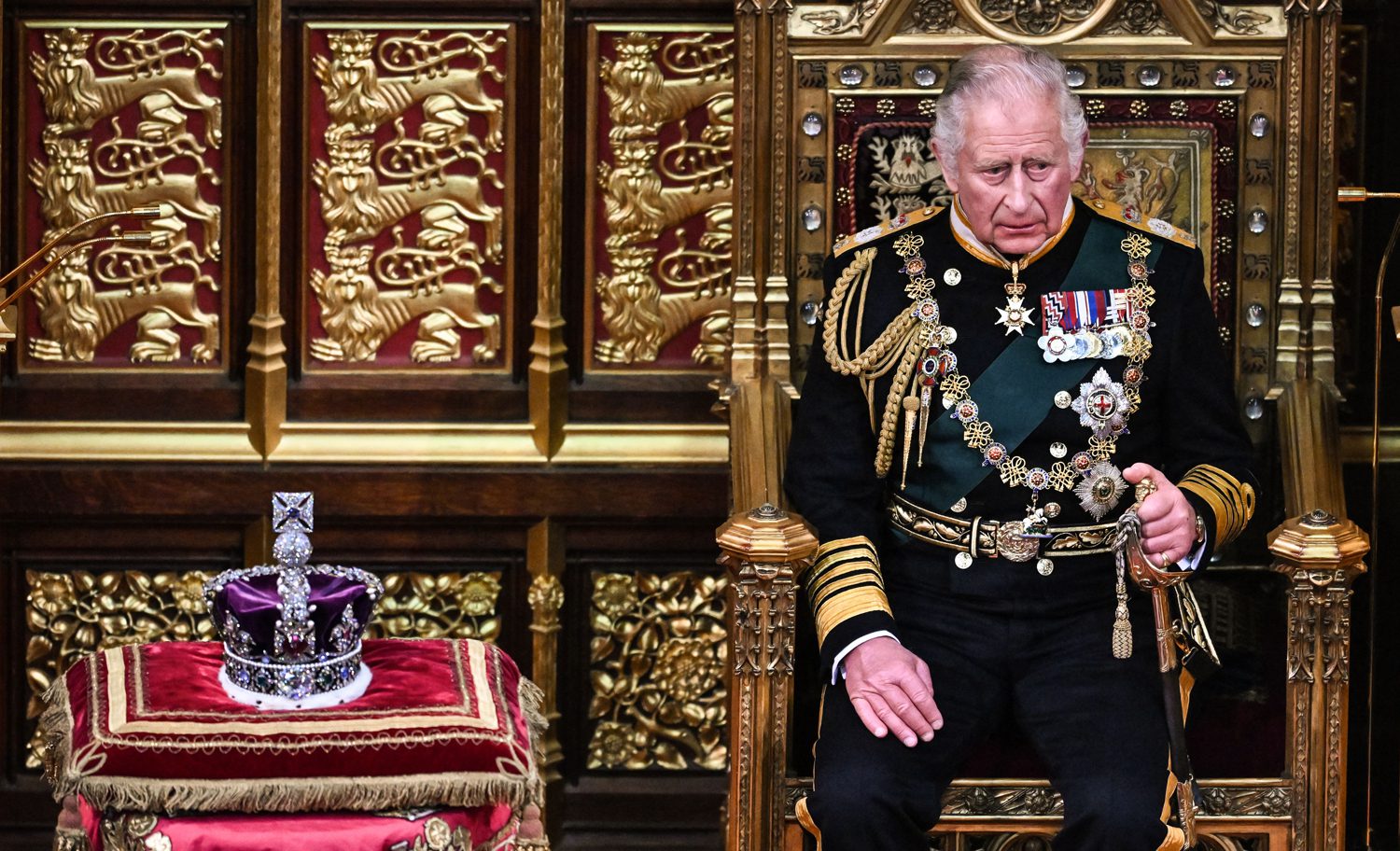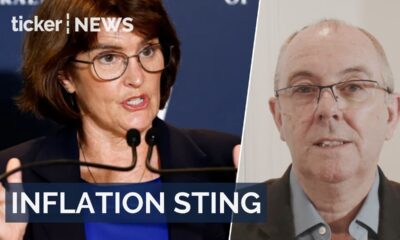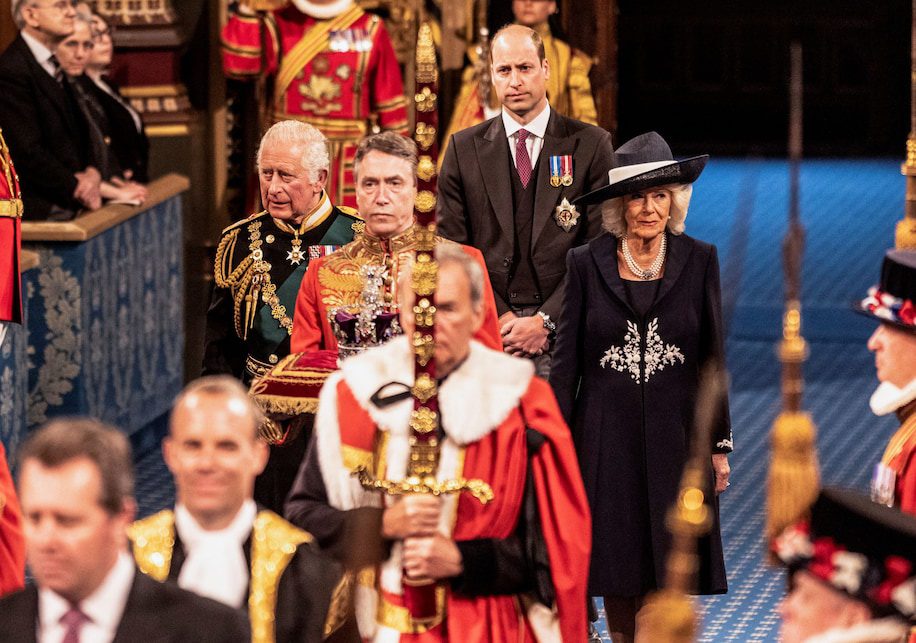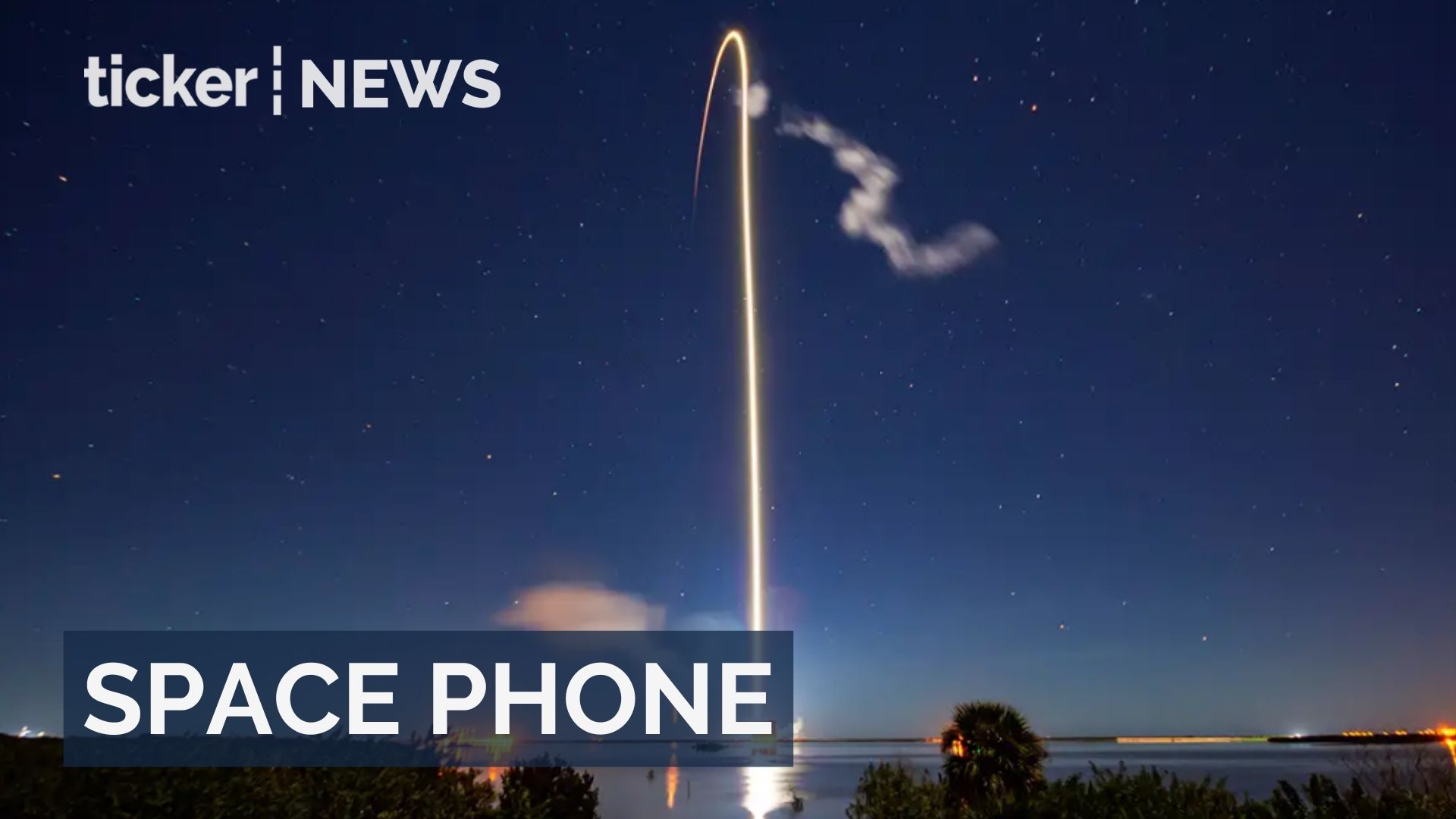News
Prince Charles opens Parliament in Queen’s absence

News
U.S. ramps up Cuba aid as energy crisis deepens
News
SpaceX expands Starlink with phone plans and satellite tracking ambitions
SpaceX expands Starlink with a mobile device and space tracking, raising concerns over revenue and US government reliance.
News
Oil prices surge as U.S.-Iran tensions escalate
-



 Ticker Views2 days ago
Ticker Views2 days agoElon Musk merges SpaceX and xAI to create solar-powered AI data centres
-



 Tech4 days ago
Tech4 days agoNvidia and Amazon explore massive OpenAI funding round
-



 Money3 days ago
Money3 days agoAustralia’s inflation hits 3.8%: Budget decisions under pressure
-



 Money3 days ago
Money3 days agoWall Street gains momentum amid tech and earnings surge
-



 Ticker Views2 days ago
Ticker Views2 days agoRBA interest rate increase explained – impact on Australians
-



 Shows4 days ago
Shows4 days agoHow AI is transforming real estate investment strategies
-



 Ticker Views3 days ago
Ticker Views3 days agoUS-Russia nuclear arms control treaty comes to an end
-



 News2 days ago
News2 days agoGrok continues generating sexualised images despite new safeguards







